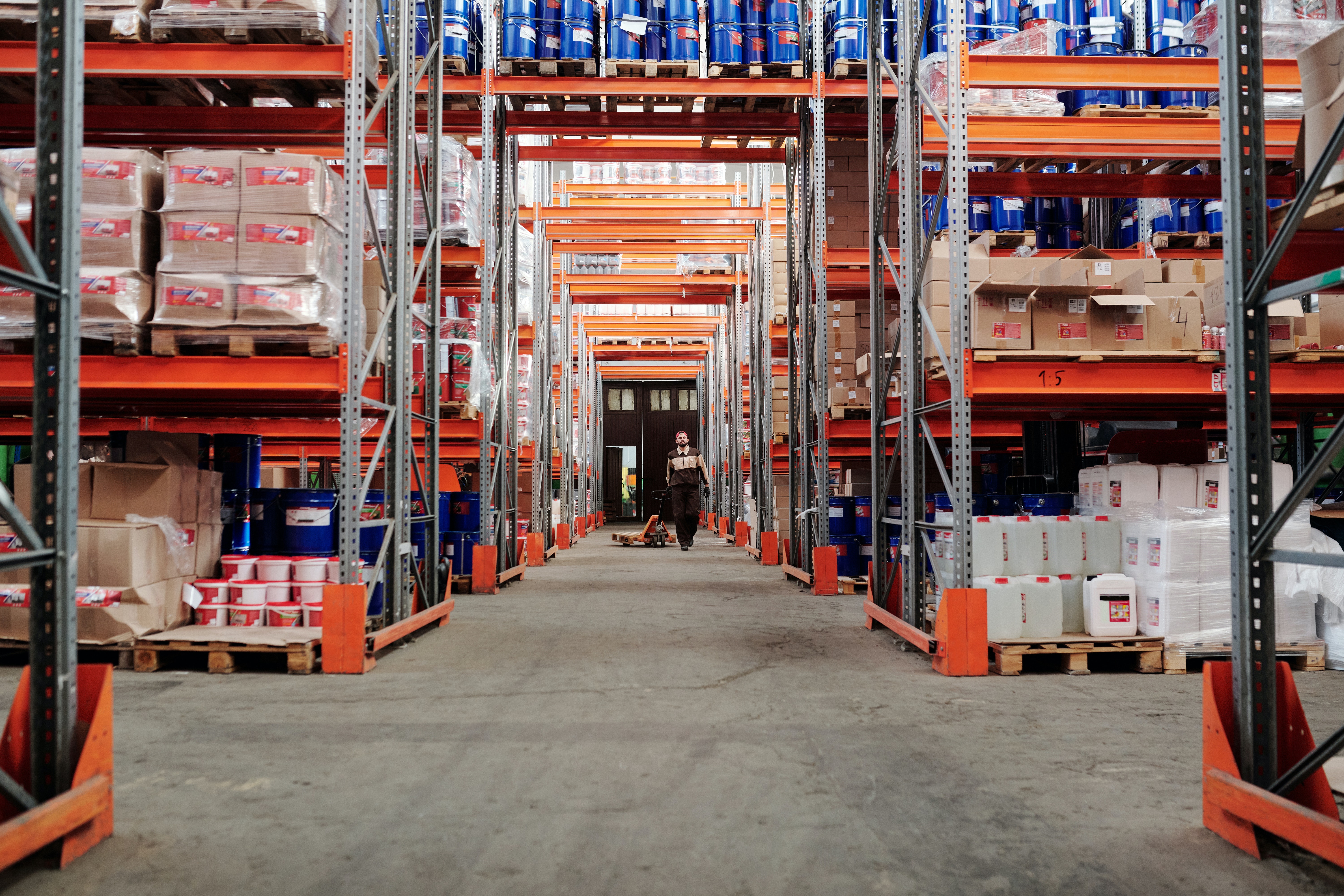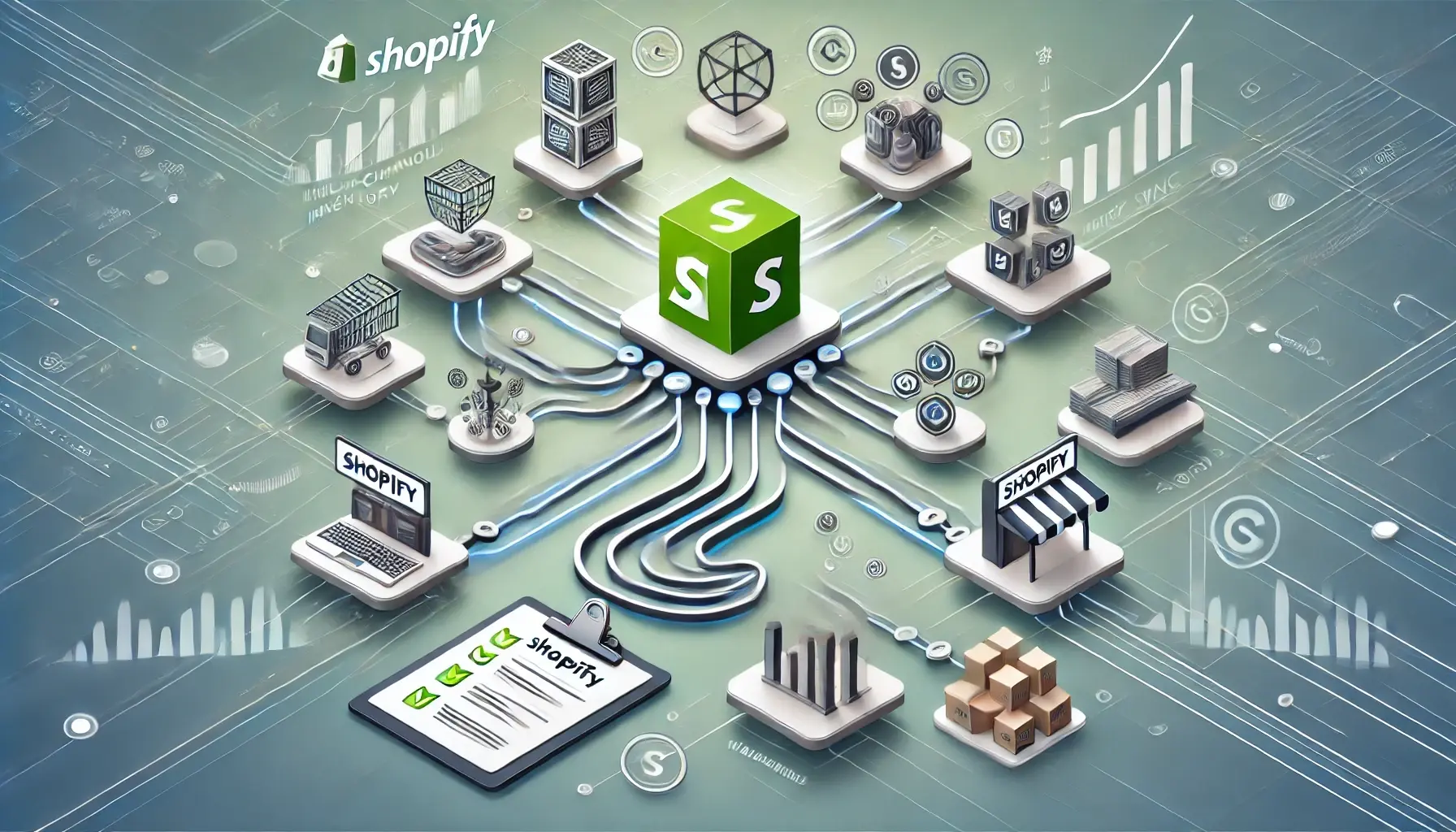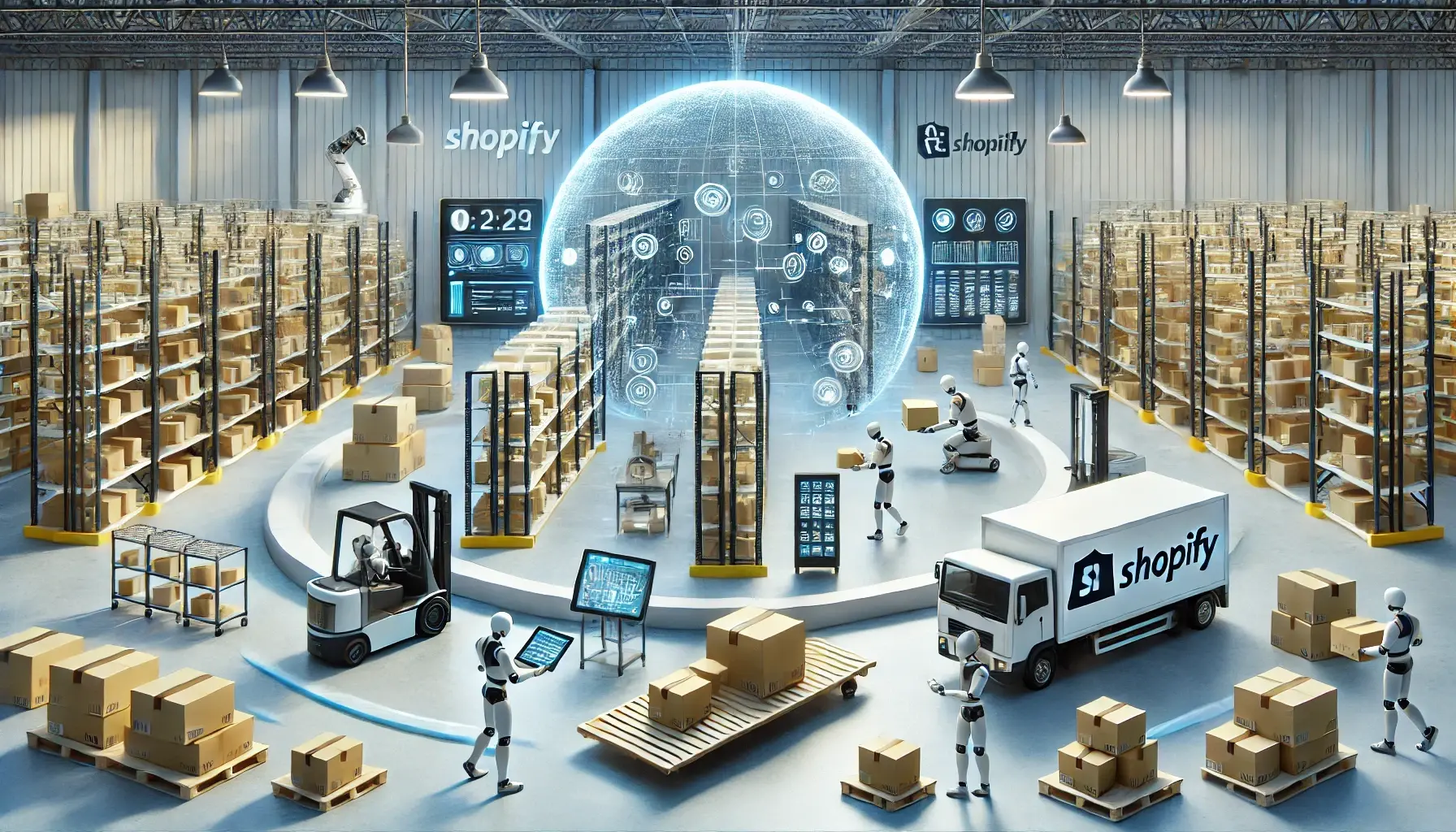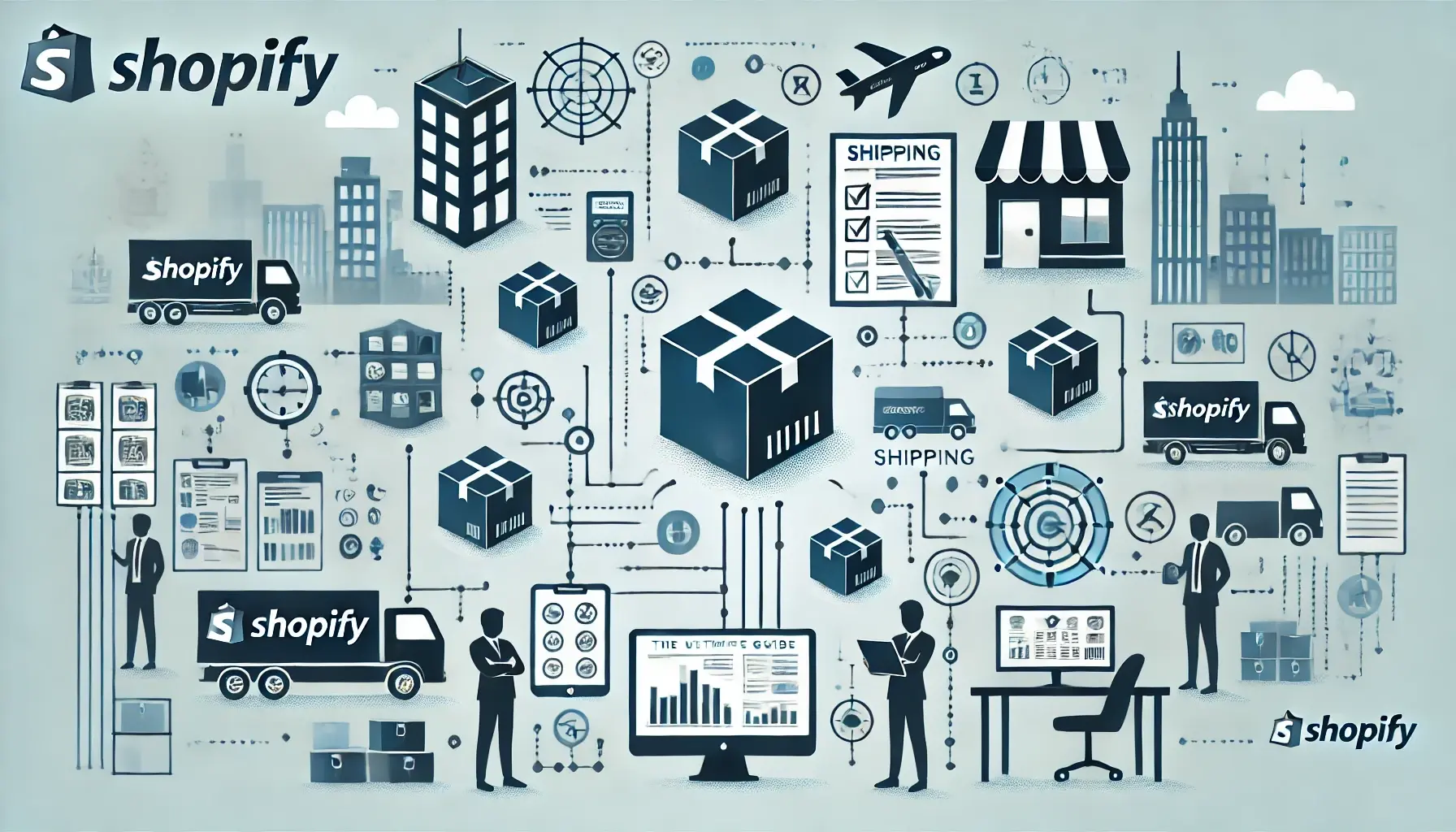The extraordinary level of competition in online retail presents one significant advantage for any aspiring brand - the barriers to entry are virtually non-existent.
Entirely new industry sectors have sprung up in support of eCommerce, nearly anything can be outsourced, and a plethora of options exist to help merchants custom design their business models.
Nowhere is this more profound than in the realm of eCommerce fulfillment and logistics. Whether companies decide to handle it themselves, outsource 100%, or use a hybrid of some sort, they can choose among a wide range of services for supply chain and warehouse management, order processing, and fulfillment solutions.
WIth such an array of possibilities, it is important to understand the distinct differences between them, particularly when some overlap does exist and certain terms sometimes get used interchangeably (and incorrectly).
For our brief lesson here, we will discuss similarities and contrasts between the warehouse, the distribution center, and the fulfillment center.

The Warehouse
Warehouses have historically been viewed as facilities used for medium to long-term storage of products, however eCommerce warehouses have redefined the term in many instances. While retailers may use one, or several, warehouses to store goods for their brick-and-mortar locations, they often also now use them for online order fulfillment.
Unsurprisingly, this has dramatically increased the complexity of the warehouse itself. The eCommerce-fueled transformation into a hub of activity that requires rigorous control has turned the idea of a “sleepy” environment on its ear.
A warehouse management system (WMS) can help provide direction to organize and optimize the warehouse space as well as maintain order across a variety of different business operations. So-called “smart warehouses” use a WMS to manage receiving, putaway, pick/pack/ship, and ensure accuracy and control throughout the entire process.
We will go into great depth about the wealth of what a powerful WMS can do in the near future.

The Distribution Center
This is largely the domain of large retailers and third-party logistics providers (3PLs) and acts as an intermediate facility to store inventory between different modes of transportation. Think of it as a supply chain warehouse.
For example, a distribution center may receive intermodal shipping containers of goods via rail freight for transfer to truck transport.
A key differentiating component of the distribution center is that goods do not ship directly from them to customers. A retailer may use a distribution center to move products to warehouses and/or retail stores, but there is always another destination prior to the customer.
Regardless, distribution centers play a critical role in large-scale supply chain management, perhaps most significantly for major supermarket brands. Replenishing perishable items with high turnover is a logistical challenge that demands massive supply hubs to be successful.
The need for maintaining accuracy in such high volume conditions is crucial, and a WMS can also provide significant benefits in this environment. While the functions of a distribution center vs. a warehouse may be different, many of the internal processes are similar (e.g. receiving, putaway, packing and shipping).

The Fulfillment Center
For the purpose of this discussion, a fulfillment center is a facility for outsourcing fulfillment operated by a 3PL. This sector of the industry has grown in lockstep with the geometric rise of global eCommerce.
In this model, some or all of a merchant’s items are stored in a 3PL’s location(s). When an order from an online store is routed to a fulfillment center, employees handle all the fulfillment services as if the merchant were doing it in-house.
Customer orders will be picked, packed, and shipped (including any custom services) to the brand’s specifications. The most reputable 3PL fulfillment companies employ strict adherence to protocols and merchants can generally expect their own customer satisfaction will be sustained.
3PL fulfillment centers are attractive options for eCommerce businesses that lack the resources, know-how, and/or manpower to handle order processing themselves, and they can also provide significant geographic reach. A brand with its inventory spread across a variety of strategically-located fulfillment centers will be able to offer faster delivery than if all products were being shipped from a single facility.
These convenient services come at a price, of course. In addition to fulfillment costs, outsourcing this work means yielding control. However, the high volume of orders that 3PLs process gives them tremendous pricing power with shipping carriers. Passing those reduced shipping costs on to the merchant is a benefit that cannot be ignored.
The combination of fulfillment processes with the vast array of inventory from multiple merchants requires extreme organization, accuracy, and control to be successful. This makes a powerful WMS an indispensable tool for any 3PL fulfillment center.
Regardless of the differences that exist between these various storage/distribution/fulfillment locations, the need for organized and efficient operations remains paramount. Employing management software to direct and control processes is the best way to achieve this.
SkuNexus designs flexible, customizable warehouse management systems for use in any environment.
If you would like to learn more about SkuNexus, please subscribe to our blog.
If you would like to take an in-depth look at what SkuNexus can do, please schedule a demo.
Ready to Transform Your Operations?
See how SkuNexus gives you full control over inventory, orders, warehouse, and shipping.
Schedule a Free Demo →Robert McCarthy
CEO & Founder, SkuNexus
With over a decade in eCommerce operations, Yitz built SkuNexus to solve the problems he saw firsthand — rigid platforms that couldn't adapt. Today, SkuNexus is the only fully customizable, open-source operations platform for inventory, orders, warehouse, and shipping management.




